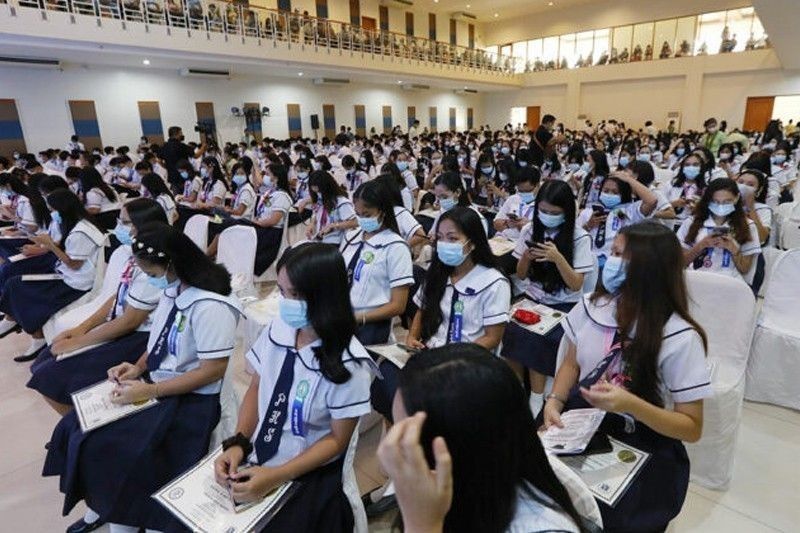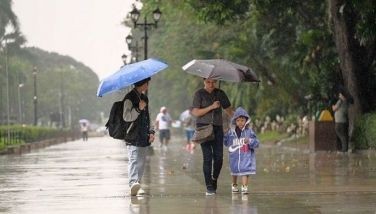DepEd not expecting ‘good’ results in PISA 2022

MANILA, Philippines — The Department of Education said it is not expecting to see high scores in the upcoming results of the Programme for International Student Assessment (PISA), where the Philippines previously ranked last in terms of reading comprehension.
Ahead of next month’s release of the PISA 2022 results, DepEd Spokesperson Michael Poa said they have asked to realign the proposed P150 million in confidential funds to the National Learning Recovery Program (NLRP) to improve students’ skills in reading, mathematics and science — subjects covered by PISA and other global assessments.
While PISA has been conducting international assessments on students’ competencies since 2000, the Philippines only joined for the first time in 2018, performing the worst in reading and second-worst in science and mathematics among 79 countries.
“To be honest, we’re not expecting good results. So right now, we're really focused in learning recovery. And that is why we requested that if there were realignments to be made, it should be realigned to the NLRP,” Poa said in an interview with CNN Philippines’ The Source.
DepEd made the same request in the agency’s budget hearing at the Senate last week, saying that any transfer of its proposed confidential funds should go to the NLRP “because we do not expect good scores for the 2022 PISA results coming out this December," according to a DepEd statement.
Senators initially eyed realigning DepEd’s proposed P150 million in confidential funds to the Government Assistance to Students and Teachers in Private Education (GASTPE) program — the country’s largest private school scholarship program.
DepEd's GASTPE subsidies aim to "decongest" public schools by issuing vouchers to eligible public school students to subsidize their tuition fees in private schools.
Poa said that while there has been a deficit in DepEd's funds for GASTPE, initial talks with senators indicate that DepEd "has been given a P1 billion additional funding for the voucher program," Poa said.
Poa added that the National Learning Camp - an end-of-year “learning recovery” program partially rolled out in July - is not covered by the National Expenditure Program for 2023 because it was not yet created during last year's budget proposals.
With P4 billion allocated for the NLRP in 2024, which the National Learning Camp is under, there may be a need for more funding “depending on the number of participants,” Poa added.
“When we talk about realignments, we need to look at where it would have the most impact,” Poa said.
While the Senate has already approved the budget of the DepEd, its final provisions — including where the P150 million figure will be realigned to — will depend on the bicameral conference between the Senate and the House of Representatives.
DepEd this year rolled out three new national programs focused on providing students additional learning in mathematics, science and reading.
The DepEd Order outlining these programs as part of the NLRP cited the Philippines’ weak performance in PISA and other international assessments.
RELATED: DepEd to launch reading, math and science programs in learning recovery plan
The findings of the 2018 PISA prompted the DepEd under then-DepEd Secretary Leonor Briones at the time to shift its focus from widening access to education to improving its quality.
Dubbed the "Sulong Edukalidad" program, DepEd had planned to improve the quality of basic education in the Philippines by reviewing the K to 12 curriculum, improving facilities, and leveling up teachers' and school heads' skills, among others.
DepEd also formed a technical working group for international large-scale assessments to study how Filipino students can achieve higher scores in global learning assessments.
DepEd’s shift from access to quality was disrupted in 2020 after the COVID-19 pandemic forced the closure of schools and the abrupt pivot to distance learning.
PISA is set to release the 2022 scores of all participating countries on December 5.
- Latest
- Trending



























